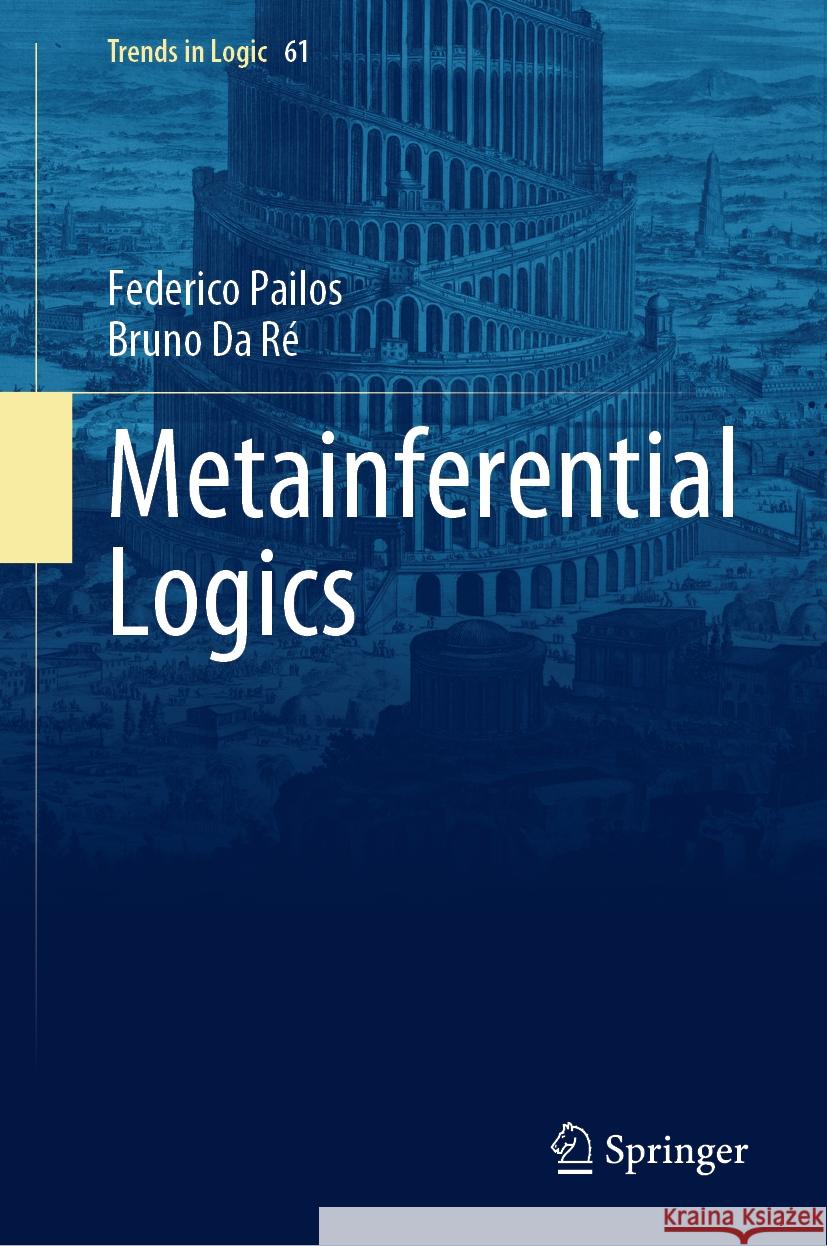Metainferential Logics » książka
topmenu
Metainferential Logics
ISBN-13: 9783031443800 / Angielski / Twarda / 2023
This book is the first to present a comprehensive investigation of the technical features of the metainferential logics developed in the last years, with their most relevant results and applications. It provides some new paths to define and investigate metainferential logics and offers a thorough study of the semantics and the proof-theories of this new and exciting variety of families of logics.This volume examines the hierarchies of metainferential logics and gives a general and systematic theory of them, and of the truth theories based on these logics. This book puts forward the prospects for truth-theories based on the metainferential logics of the TS/ST hierarchy and argues for its promise noting that each of these logics can be safely expanded with a transparent truth predicate. It also goes onto to explore new developments in three fields related to logics – namely metainferential logics built by means of the Weak Kleene schema and combining them with logics defined through the Strong Kleene schema, proof-theoretic presentations, and those with a with a global or an absolutely global validity standard, instead of a local one. This book is of interest to scholars in formal logic.











